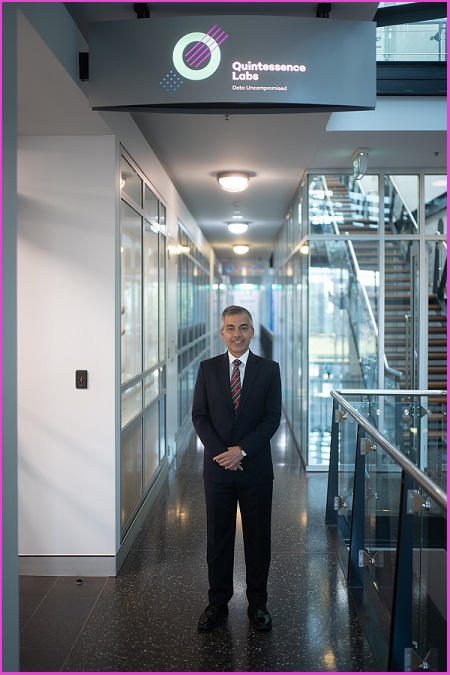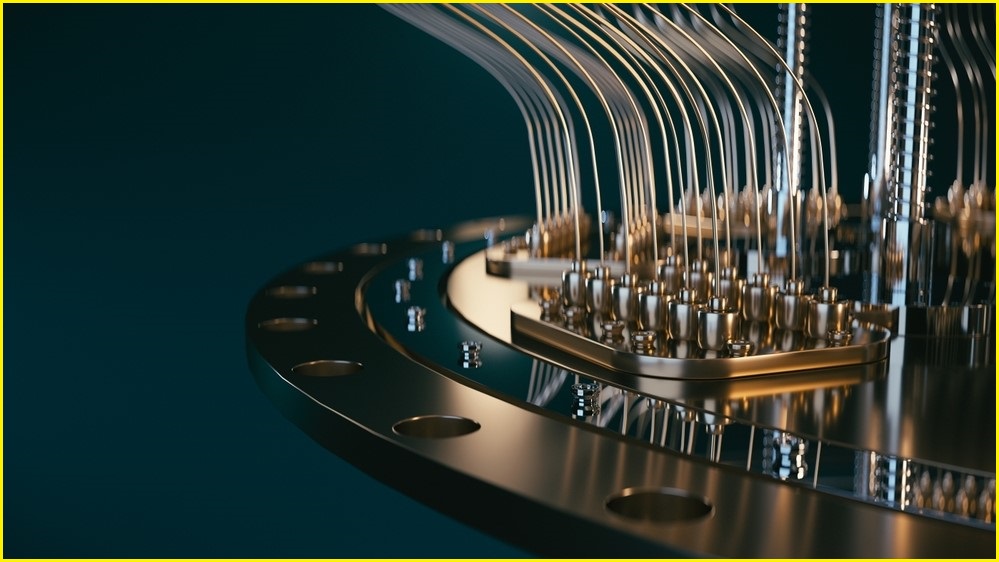The federal government’s $15 billion manufacturing fund has invested $15 million in Canberra-based quantum cybersecurity firm QuintessenceLabs, bringing the fund’s total investments to more than $430 million in less than six months.
The National Reconstruction Fund (NRF) is the lead investor in QuintessenceLabs’ (QLabs) latest $20 million funding round, chipping in three-quarters of the total amount.
It’s the second local quantum company to land NRF support following the federal government’s controversial decision to pledge $470 million to US tech firm PsiQuantum’s efforts to build a quantum computer in Brisbane.
In contrast to these efforts, QLabs isn’t looking to build its own quantum computers, but rather to harness the opportunities of quantum to shore up cybersecurity against the associated risks.
Billing itself as providing the tools that companies need to counter the quantum threat, QLabs’ key offerings include a high-speed quantum random number generator, the flexible deployment of crypto-algorithms and the use of the laws of physics to secure key distribution.
The company previously closed a $25 million funding round in 2021 led by CSIRO’s Main Sequence venture fund and landed $5 million the following year from Chevron’s venture fund.
A quiet achiever
In a post on LinkedIn, QLabs heralds the “strategic investment that supports our continued work in advancing quantum-resilient cybersecurity solutions”.
“This funding enables us to accelerate key initiatives and we look forward to leveraging this support to advance our technology and deliver impactful solutions to our partners and customers,” the post said.
Main Sequence has also invested in the latest funding round, alongside Telus’s venture arm and InterValley Ventures.
Minister for Industry Ed Husic described the QLabs team as the “ultimate quiet achievers”.
“They’re doing the country proud,” Husic told the Australian Financial Review.
“They’ve been working away for years at their tech and well done to them in getting NRF backing.
“QuintessenceLabs came out of brilliant Australian quantum research, now certified by the National Security Agency in the US, and is providing cutting-edge cybersecurity around the world.

QuintessenceLabs founder and CEO Vikram Sharma. Photo: Supplied
“It’s vital we keep those capabilities onshore to keep growing our national quantum and cybersecurity workforce, which is precisely what the NRF is helping to do.”
Customers of QLabs include US government departments and agencies such as Homeland Security and the Defense Advanced Research Projects Agency, and large companies like JPMorgan Chase.
A quantum focus
Quantum has been a focus of the Labor government during this term, led by its $940 million joint investment with the Queensland government into PsiQuantum, announced early last year.
The Industry department proposed that this investment could be made through the NRF, but said this was not its preferred option as the fund was not up and running at the time and a delay could “lead to PsiQuantum building a quantum computer in another country”.
The investment was eventually made outside of the NRF.
The PsiQuantum play has since been plagued with controversy, with concerns surrounding a lack of transparency around the deal, that the significant amount of money is going towards an overseas-based firm, and whether the listed timeframe to build the quantum computer is possible.
The NRF was a key election policy of Labor during the last election campaign.
The National Reconstruction Fund Corporation is the independent entity launched by the federal government to oversee the deployment of the $15 billion manufacturing-focused fund.
It made its first investment in mid-November last year, and has now pledged more than $430 million to eight companies, including a number of tech companies.
This funding includes $22.5 million in Canberra-based data centre provider Vault Cloud, and $32 million in AI medical startup Harrison.ai.










